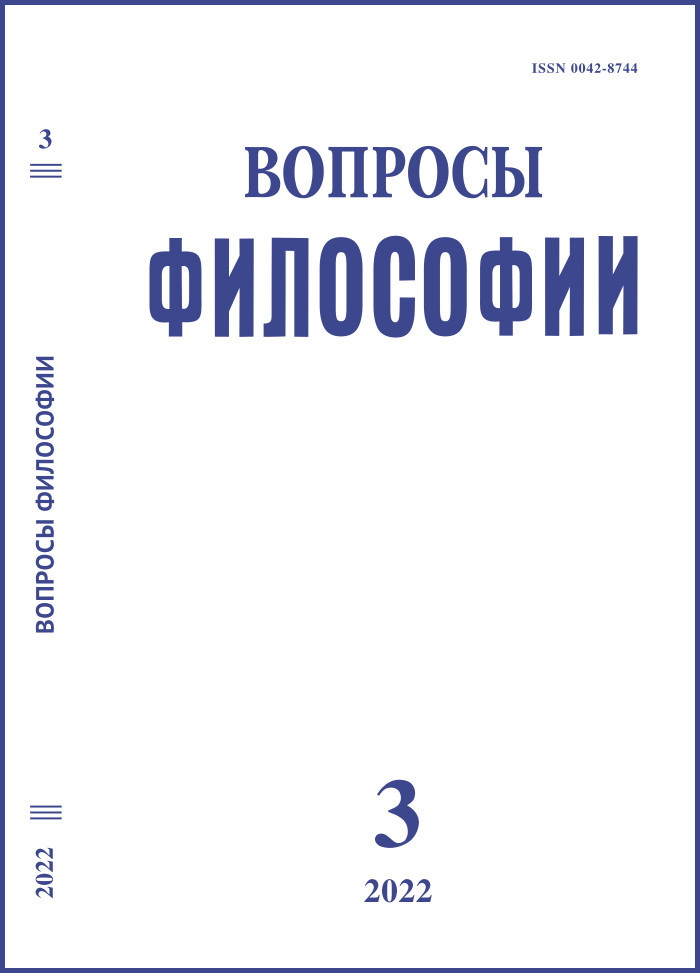Search for New Types of Scientific Rationality in an Anthropological Crisis: a Relativistic Approach
DOI:
https://doi.org/10.21146/0042-8744-2022-3-81-85Keywords:
anthropological crisis, technogenic civilization, scientific rationality, relativism, cognitive practices.Abstract
The anthropological crisis, which has repeatedly occured in the history of mankind, is characterized, as a rule, by a restructuring of the picture of the world. A person finds him- or herself in a situation of uncertainty, confusion since his ideas about the surrounding reality no longer correspond to it. The crisis is accompanied by an intense search for new ideological foundations, meanings, and values. We are contemporaries of an unusual anthropological crisis that arose precisely in the conditions of a “technogenic” civilization (V.S. Stepin). The system of values and ideological attitudes, which V.S. Stepin called the “genome of culture”, have ceased to adequately ensure the development of society, which is focused on transforming the external world. At the same time, one of the fundamental values of this civilization is the idea of scientific rationality associated with the progress of science and fixed in the dominant picture of the world. Meanwhile, today an opinion becomes popular that it was the implementation of this idea that largely determined the deformation of the social system in which a modern person has to exist. The article examines a relativistic approach to comprehending scientific rationality, within the framework of which not only the uniqueness and universality of the methodological criteria of scientific knowledge are questioned but also the dominant status of science itself as an instrument of cognition and reflection of the world.
Downloads
Published
Versions
- 2025-02-06 (2)
- 2022-03-31 (1)

